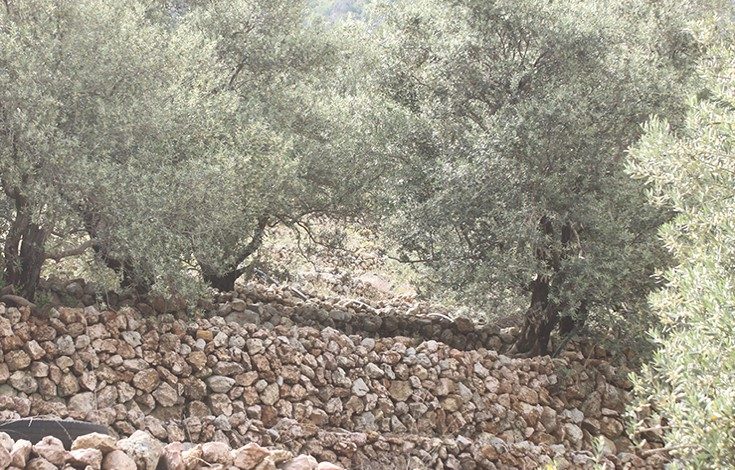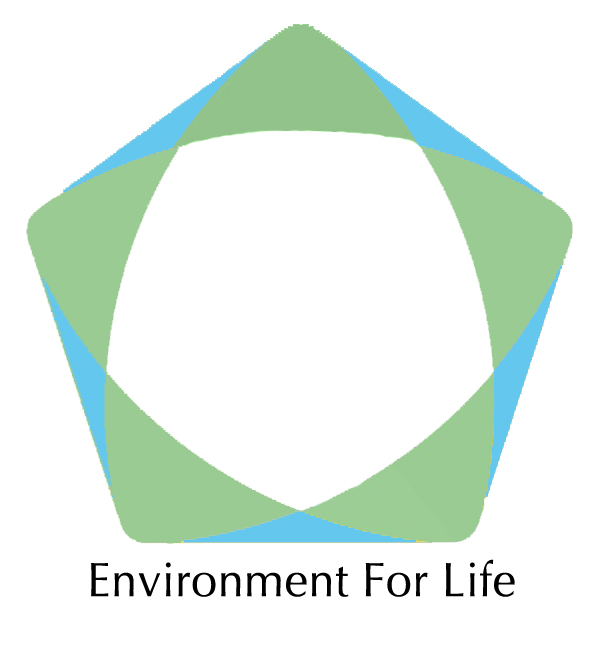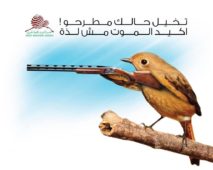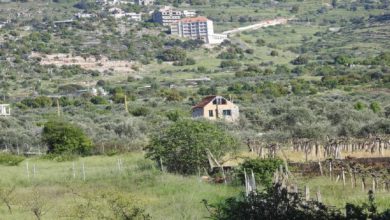Maintaining the Traditional Land-Use Practices Necessary for Conservation of Olive Associated Biodiversity in Mount Hermon, Lebanon
Funded by the Critical Ecosystem Partnership Fund (CEPF) from 2020 to 2022

Overall Objective of the Project:
Describe the environmental impact (problems and benefits) of olive and olive oil production in Lebanon, using Mount Hermon as a case study, and provide practical suggestions on how to reduce or eliminate any specific negative environmental impacts.
The project focuses on the threatened biodiversity in the olive sector, where it is evident that the species will continue to survive. Threatened or not, the restoration of the area’s biodiversity depends on the continuation of traditional management and manufacturing practices and good, stable socio-economic situation, and tangible markets for olive products. To achieve this, the project aims to:
- Revive the traditional olive cultivation practices in the Union of Mount Hermon Municipalities, and demonstrate that the traditional olive cultivation practices act as a financially and environmentally competitive to new technologies that are less eco-friendly, and contribute to an increase in the environmental benefits as olive cultivation.
The project approach aims to address the threats and needs as follows:
- A comprehensive and detailed description of the environmental impact (problems and benefits) of olive production in Mount Hermon KBA, including examination of several different production and management systems of varying intensity in three locations within the KBA
- Produce a detailed series and implement practical suggestions of how to reduce or eliminate identified negative environmental impacts of olive production.
- Consider the definition of codes of “good agricultural practice” in relation to olive farming, incorporating basic environmental protection, as well as identifying environmental services which could be considered to go beyond good agricultural practice.
- Encourage business actors in the trade chain to support and promote traditional, biodiversity-friendly land-use practices, and brand Mount Hermon fruits and Olive Oil.
- Review the existing policy framework affecting olive farming.
- Work with Jabal Al-Sheik Municipality Federation to ban bird hunting in the project area.
- Set a protocol for monitoring the recommended agricultural practices, and set a monitoring scheme to start implementing the identified indicators.
- Monitor the species as a necessary step to be able to demonstrate the long term impact of the practices adopted on biodiversity. A long-term monitoring scheme will be set up.
- Capacity building and awareness: The project will conduct a comprehensive capacity building and awareness program addressing raising awareness of the biodiversity value of Mount Hermon.
It IS AN ONGOING PROJECT…


